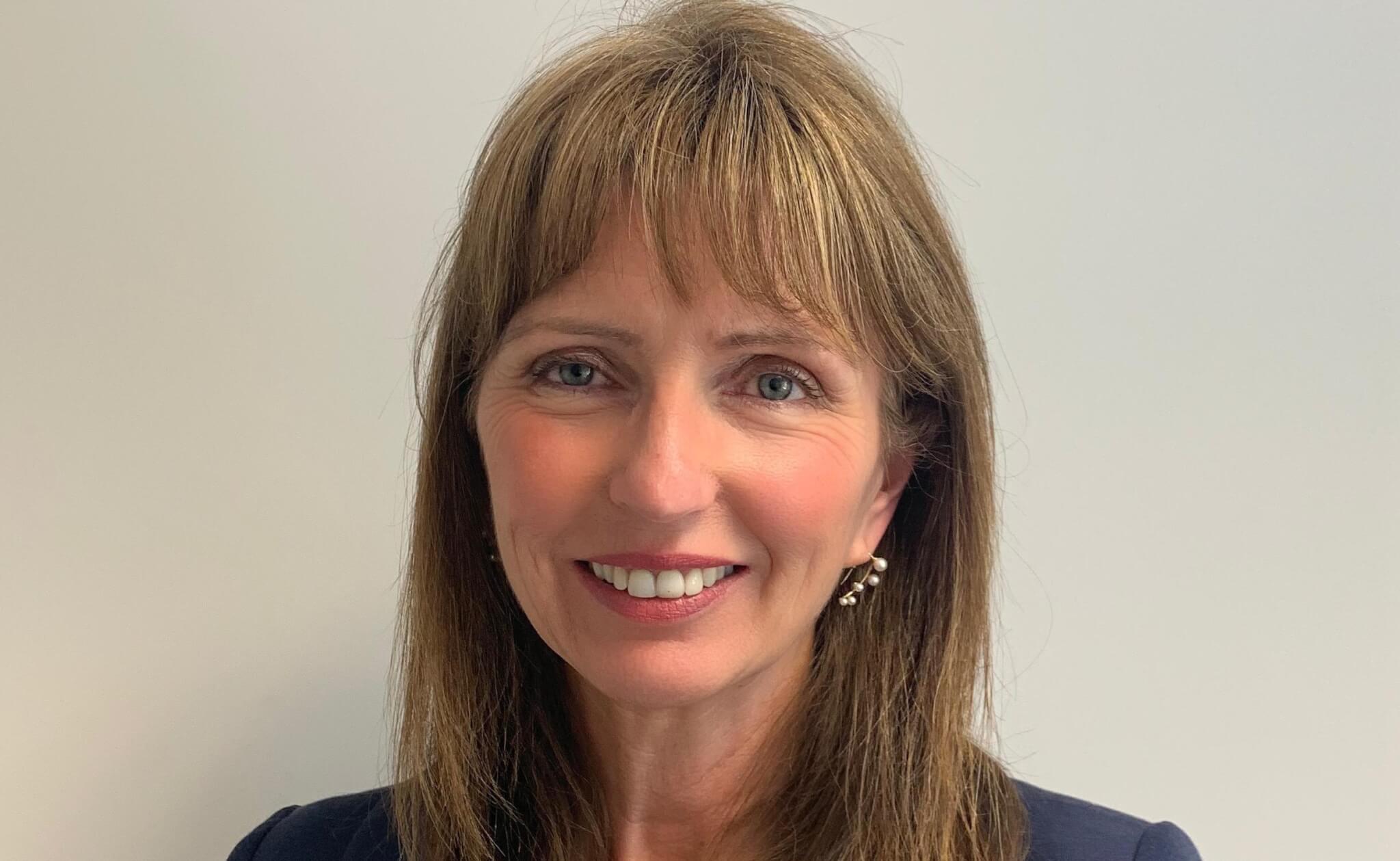Eating Disorders – By Susie Pinchin
This week (1st – 7th March) is Eating Disorder Awareness Week. Each year, Beat, the UK’s eating disorder charity, runs the campaign. Beat’s purpose is ‘to end the pain and suffering caused by eating disorders which affect around 1.25 million people in the UK’*. In support of this, one of our therapists, Susie Pinchin, explains how counselling can help if you have problems with food or abnormal eating habits.
What is an eating disorder?
An eating disorder is when you develop an unhealthy relationship with food, which can dominate your life and affect your physical and mental health. This could relate to eating too much or too little, becoming obsessed with your weight or body shape, or over-exercising. Eating disorders can be serious and life-threatening conditions – and it can be hard to recover on your own. Treatment and professional support are vital. For some people, their behaviour around food can be used to cope with painful emotions or to take control of their lives. Counselling can provide a place to talk about these emotions and can also be helpful in changing thoughts and unhealthy behaviours.
“Having access to early support is vital,” says Susie, “A counsellor can help you open up about your feelings and can give you a chance of controlling the eating disorder, rather than it controlling you.”
How do you know if you have an eating disorder?
Eating disorders can affect men and women of any age. The symptoms can vary depending on the type of eating disorder you have and for each individual.
Common signs of eating disorders include:
- Being preoccupied with your weight or body shape
- Eating very little food or skipping meals
- Binge-eating
- Making yourself sick
- Exercising too much
You may avoid socialising if food is involved or have particular food rituals – such as cutting food into very small pieces or eating very slowly.
Physical warning signs include:
- Noticeable changes in weight
- Dizziness
- Feeling cold
- Problems sleeping
- Digestive problems such as stomach cramps
- Dry skin, hair and brittle nails
- For women and girls – periods become irregular or stop
What is anorexia nervosa?
You become anxious about trying to keep your weight as low as possible by not eating enough or by doing too much exercise. While you may be too thin, in the mirror you see yourself as a healthy weight or even fat.
What is bulimia?
You binge eat food and then make yourself sick, use laxatives or do exercise to stop yourself gaining weight. You become obsessive about your self-image.
What is binge eating disorder?
You lose control of your eating and eat large quantities of food. This can leave you feeling uncomfortably full and very distressed and ashamed afterwards. You may plan your binges in advance, or they may be spontaneous.
How to get help for an eating disorder
“The earlier you can get access to support, the better your chance of recovery. Admitting you have an eating disorder and asking for help is a big step, which can be very difficult for some people. If you think you have an eating disorder, see your GP. They can refer you to a specialist who will be responsible for your care. Most people are offered therapy as part of a support package”, says Susie, who works in schools and private practice at The Eaves in Guildford.
The Eaves has many trained Counsellors, Psychologists and Psychotherapists in Guildford, Godalming and Farnham who can also help with eating disorders. Our professionals see individuals of all ages, families and couples, Monday to Saturday between 9am and 9pm. Please call 01483 917000 for an immediate appointment. You can also send us an enquiry. Click here to find out more.
References

